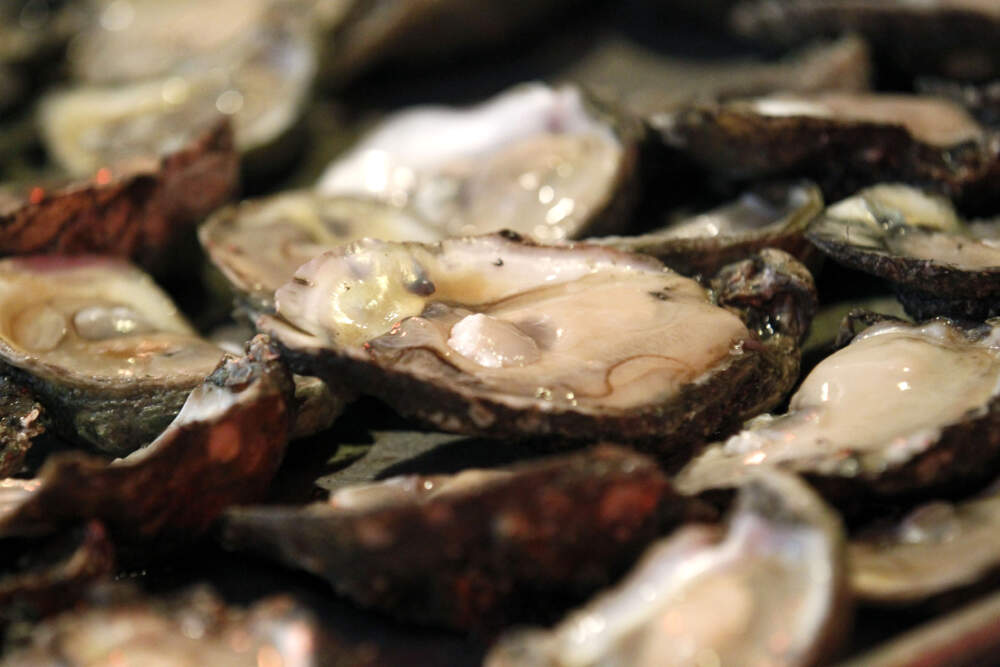Advertisement
After 1 death in CT, officials warn of dangers of bacterial infections from saltwater and raw shellfish

Connecticut public health officials are warning about the potential dangers of saltwater and eating raw or undercooked seafood following a series of bacterial infections that left one person dead.
Three cases of Vibrio vulnificus infections have been reported to the state Department of Public Health since July 1, the agency says. All patients were hospitalized and one died.
One patient reported eating raw oysters at an out-of-state establishment. Two others reported exposure to saltwater in Long Island Sound and said they had open wounds, which likely led to the infections.
“People should consider the potential risk of consuming raw oysters and exposure to salt or brackish water and take appropriate precautions,” DPH Commissioner Manisha Juthani said in a statement. “Particularly during the hottest months of the summer, bacteria are more likely to overgrow and contaminate raw shellfish.”
Vibrio vulnificus can cause life-threatening infections, according to the Centers for Disease Control and Prevention. People with these infections can need intensive care or limb amputations and can suffer from bloodstream infections.
Dr. Steven Valassis, head of the emergency department at St. Vincent’s Hospital in Bridgeport, said people with health issues are most at risk, but infections in people from the bacteria are still rare.
“They tend to be older patients, they tend to be patients who have underlying medical problems, especially underlying liver disease,” Valassis said.
About one in five people with this infection die, the CDC said.
While the infections are exceedingly rare – the DPH says that five cases were reported in 2020 in Connecticut, and none in 2021 and 2022 – officials are urging people to be cautious with what they eat and when they go in the water.
Valassis said people can take steps to reduce chances of infection.
“To the people who have a weakened immune system, are older, especially people with liver disease. They just want to be smart. If there's open wounds, they want to stay out of the water right now,” Valassis said.
Avoid eating raw or undercooked oysters and other shellfish, the CDC said.
If a wound or a cut does come into contact with saltwater or raw seafood or its juices, wash it thoroughly with soap and water.
This story is a production of the New England News Collaborative. It was originally published by Connecticut Public.
Connecticut Public's Eddy Martinez contributed to this report.